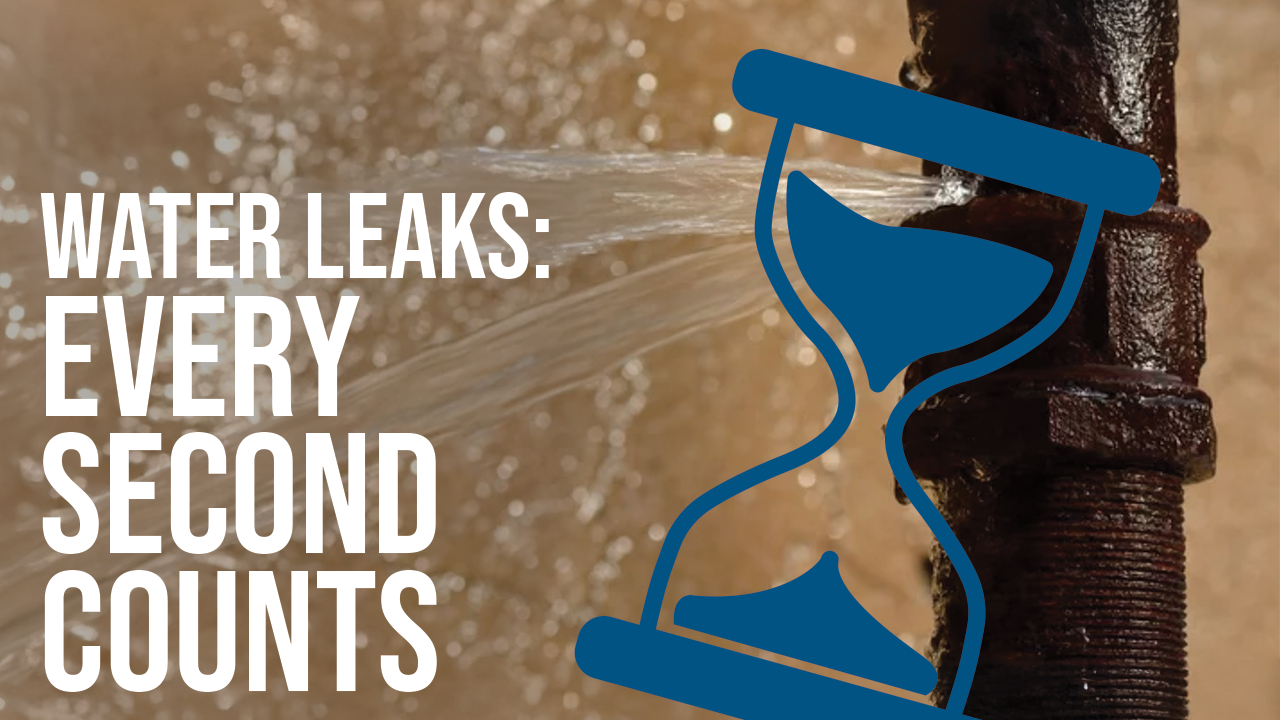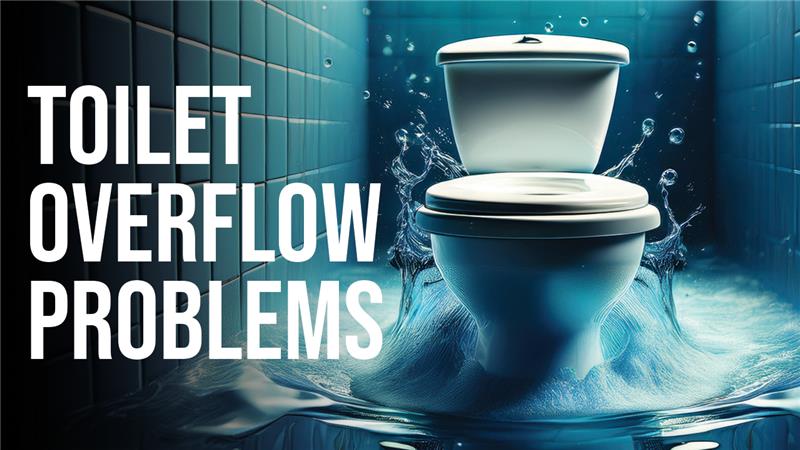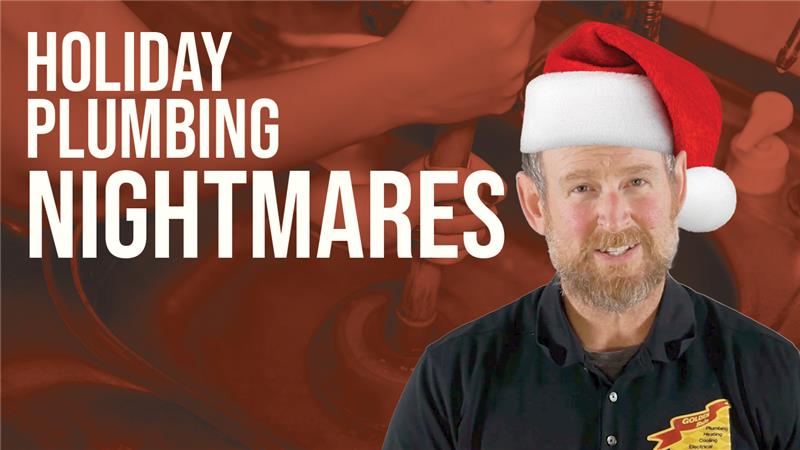Updated January 17, 2024
If you’re wondering whether a firetube or water tube boiler system is better for your Iowa home, the answer is: it depends.
Ultimately, the best way to determine which type of boiler system you need is to consider the following factors:
- The initial cost for the purchase and installation of a boiler
- Energy efficiency
- Maintenance frequency and cost
Before we jump into comparing these two types of boilers, let’s briefly review how boilers work so you can better understand the differences between the systems.
Want a professional opinion on whether a fire-tube or water-tube boiler is better for your home? Call Golden Rule at 515-393-4526 or contact us online to learn more and schedule a boiler installation.
Contact Us Today for Boiler Service!
How does a boiler work?
All boilers heat water or produce steam to heat a home, but each kind works differently.
To simplify things, let’s look at how the general boiler process works. Then, we’ll go into more detail about the differences between firetube and water tube boilers.
The boiler process:
- First, your thermostat recognizes that the temperature in your home has dropped and communicates with the boiler, telling it to turn on.
- The boiler kicks on. It will either use electricity, oil, or gas to produce heat.
- The heat from the fuel source warms the water inside the boiler.
- The heated water or steam is sent to radiators or radiant floor systems throughout the home to heat it.
- As the water cools, it travels back to your boiler, where it’s reheated. It repeatedly cycles through this system to provide consistent heat throughout your home.
- Once your home reaches the temperature you’ve set, your thermostat communicates with your boiler again, this time telling it to shut off.
What is the difference between firetube and water tube boilers? They use different heating methods.
A water tube boiler consists of metal tubes containing water set vertically inside a drum that also houses the burner. Once the system lights the burner, the flames, heat, and gases surrounding the tubes heat the water.
When the water reaches the correct temperature, it circulates through piping via circulator pumps. If the boiler is a steam boiler, the steam creates natural pressure to force itself to flow through the piping.
In contrast, a firetube boiler has horizontal tubes filled with heat from the burner flames instead of vertical metal tubes filled with water. These tubes run through the water vessel and heat the water via convection. Like the water tube boiler, steam flows naturally from its pressure once the water reaches the correct temperature and circulates via pumps.
Now that you know how boilers work, let’s compare firetube and water tube boilers based on the three factors listed above.
The initial cost for the purchase and installation of a boiler
Firetube boilers are usually less expensive than water tube boilers.
When you consider the cost of buying a new boiler for your Iowa home, you should think about the initial purchase price of the system as well as the cost of installation. A firetube’s design is considerably less complex than a water tube’s, contributing to its lower purchase price. Water tube boilers are also larger, and they contain more steel, so they are usually more expensive.
Beyond just the cost for the parts, installation costs for firetube and water tube boilers will also vary depending on the contractor you hire.
Typically, installing a firetube boiler is cheaper because it’s easier and requires less labor and time while installing a water tube boiler usually requires extensive labor because the technician has to install the burner, fuel trains, controls, and boiler trim. In comparison, with a firetube boiler, these items are already factory installed and tested.
Before making your decision, you should call multiple Iowa contractors to get a few different installation quotes. Make sure they provide any estimates in writing too.
Energy efficiency
If you compare equally sized water tubes and firetube boilers, a firetube boiler will save you more in annual fuel costs. But you shouldn’t completely disregard a water tube boiler for this reason.
Watertube boilers heat less water at a time, respond more quickly to changes in demand and steam, and you can increase their heating capability by adding more tubes. They can also handle a more significant amount of pressure and higher temperatures compared to firetube boilers.
To help you determine which is best for your home, you can use Annual Fuel Utilization Efficiency (AFUE) ratings to measure a boiler’s efficiency. The AFUE essentially tells you how efficient the boiler is at converting the energy in its fuel into heat over a typical year.
For example, a 90% AFUE rating means that the boiler will convert 90% of the energy from its fuel into heat for the home. The other 10% gets lost via its chimney pipe or elsewhere.
Depending on the type of boiler you purchase, the efficiency rating will vary. Look for an EnergyStar rating on a boiler before buying, which indicates that it’s energy-efficient and, as a result, will save you money.
- If you’re shopping for an oil boiler, look for one that has an 87% AFUE rating or higher.
- If you’re shopping for a gas boiler, look for one that has a 90% AFUE rating or higher.
Maintenance frequency and cost
Overall, a firetube boiler will likely be cheaper to maintain.
Like any other appliance or household system, your boiler will need regular maintenance and cleaning to ensure it’s working correctly. When comparing maintenance costs for a firetube and water tube boiler over their lifespans, you’ll want to consider the frequency and cost of labor as significant factors.
Typically, firetube boiler maintenance will cost you less over time because:
Firetube boilers are easier to clean.
Cleaning a firetube boiler is more manageable because a technician can do it from outside the unit rather than inside. Meanwhile, with water tube boilers, a tech must complete much of the cleaning from inside the unit, requiring more extensive labor and time to complete.
They are easily replaceable.
Firetube boilers have straight and simple tubes, making it easy for contractors to get local distributors and replace them within an hour. On the other hand, water tube boilers contain specially bent tubes that require a considerable amount of time to source and replace. In addition, if a failed tube is inside the unit where it’s hard to repair, the tech may have to replace several good tubes just to reach the defective one.
They can withstand thermal stress.
All boilers undergo rapid temperature changes with resulting thermal stress that can damage the boiler over time by causing cracks, leaky tube joints, and failed tubes. Imagine what would happen if you filled a cold glass with a hot liquid. It would crack, much like what would happen if you filled a hot boiler with cold water. The design of fire-tube boilers means that they aren’t affected much by thermal stress, leading to fewer maintenance issues and repairs down the line, unlike water-tube boilers.
Want a professional opinion from a contractor near Des Moines?
Call Golden Rule. Our knowledgeable technicians will provide reliable recommendations based on your household’s needs and your budget. Call us at 515-393-4526 or contact us online to schedule your boiler installation.
Contact Us Today for Boiler Service!
If you found this post helpful, check out some other budget-saving tips:


Water emergencies can strike when you least expect them. Whether it’s a burst pipe, an overflowing toilet, or a persistent leak, quick action can prevent costly damage.... Read More

Few things are as frustrating (and messy) as a toilet that overflows. Whether it happens at the worst possible moment or simply leaves you scratching your head... Read More

The holidays are a magical time of year—gathering with loved ones, sharing meals, and creating lasting memories. But one unexpected mishap can turn your festive celebration into... Read More
